“There’s nothing that symbolizes loss or grief more than a mother losing a child.” – David LaChapelle
Some one million women per year suffer miscarriages in the United States alone.
Depending on many things, the bond between a mother and her unborn baby might vary in strength.
A miscarriage may be a barely-noticed blip on the radar screen for some women.
For others, it may be a tragedy – one remembered for the rest of their lives.
The intense sadness and grief that follows a miscarriage for this second woman can be overwhelming and heart-breaking.
Now imagine this second woman having recurrent miscarriages.
How could anyone possibly begin to cope with the pain and emotional strain of repeatedly losing a child – though yet unborn?
This mother was anxiously looking forward to the birth and life of each of her lost babies.
If she does not have other children, she may be grieving the loss of becoming a mother.
If she has other children, she may be grieving the loss of mothering future children, or of bringing siblings into the family unit.
So, where do you start with the healing process of recurrent losses?
Open Up to Others
Talk with someone. It might not be easy to open up about your loss and feelings to someone else, but it’s the first step to healing. Speaking openly and honestly with a close, trusted friend can help you process your emotions and pain. If you have a partner, your partner will likely be the first person you talk to. Although your partner may not have experienced the same physical and emotional attachment to the unborn child, he or she suffered a loss as well. Try to help each other cope with the strain. And often, extra support will be needed.
Seek professional help from a therapist. A therapist who is specially-trained in working with perinatal loss can be a significant ally for you, and for your partner. Working through grief and loss can be a very painful process, and this extra support can be critical. Individual therapy, couples therapy, and support groups for perinatal loss can all be helpful.
Let others help you. People around you — like family, friends, or coworkers — might have a hard time knowing what to say or do, but most of them would certainly like to offer comfort and help. Let them. Let them express their empathy with words. Let them help you in practical ways: bringing you meals, watching your other children so you have some time alone, or assisting you with household chores. Allow their thoughtfulness to sooth your pained heart like a healing balm.
Remember the Babies
Give yourself permission to feel the loss. Allow yourself to feel whatever you’re feeling at any given time — anger, grief, and even the jealousy that might come with someone else announcing their pregnancy or birth of a child. Trying to force yourself to feel more positive will most likely cause your anxiety to worsen. Previous miscarriages don’t make following losses any easier.
Create a memorial for each one of the babies. Honor their memories. Each baby was an individual person that was precious to you. Don’t brush them under the rug. Allow yourself to think about each one. Give yourself time to put aside the tangible reminders of loss — like baby clothes — and process the less tangible thoughts and feelings that may arise.
Continue your Life
Strive to maintain a routine. You might not feel organized or energetic enough to keep up a routine, but it can be a great asset to helping you heal. Your own life hasn’t ended, although it might feel like that at times. Try to get back to the activities that you were always interested in, and enjoy them. Doing so does not mean that you’re egocentric or dismissing your babies as unimportant. It simply means that you recognize your needs and the importance of your health.
The grieving process for each one of the recurrent miscarriages will most likely be different. It can be a long process of integration, but healing will come. Eventually, one day you will wake up and find that some sense of peace and calm in your life has been restored.


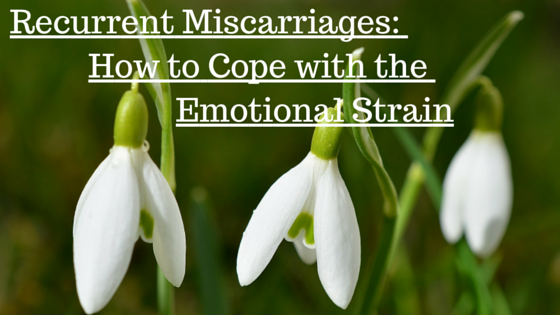
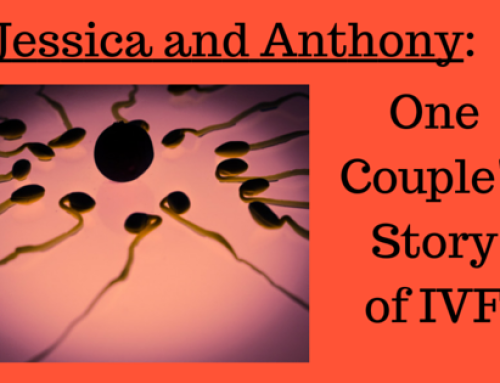
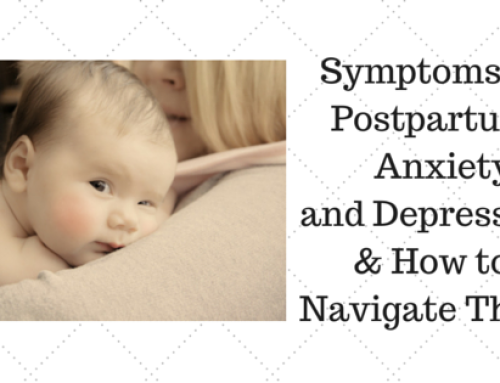
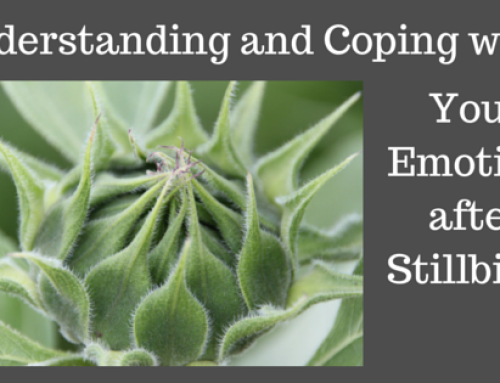
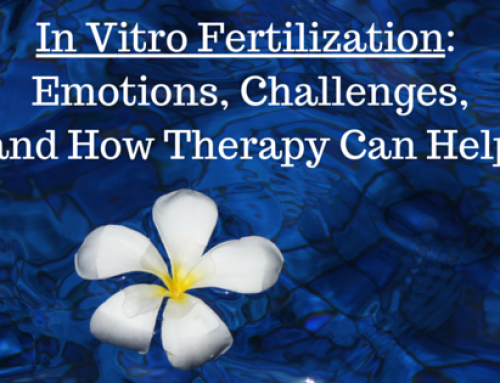
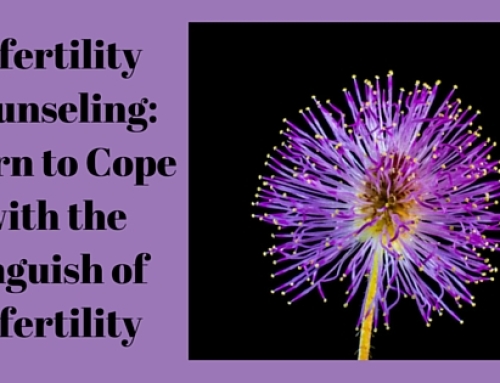
Leave A Comment